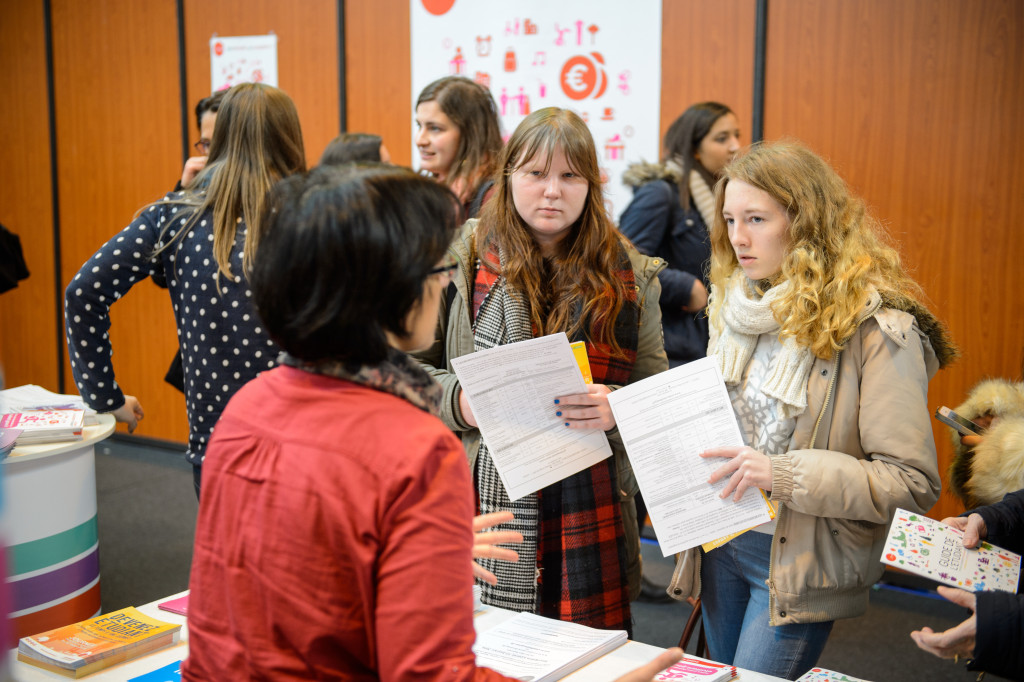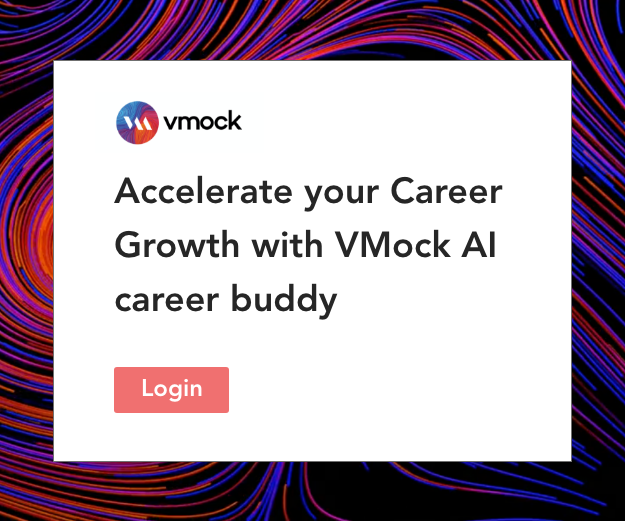With a student`s academic calendar already packed with numerous class projects, seminars and career treks, you may wonder if attending a career fair is really useful. But come to think of it, who would like to pass up on the opportunity to meet a large number of recruiters from diverse industries and regions at a single location in a short span of time? Of course, no one! Job fairs are great platforms for career guidance and to familiarize yourself with the prevalent industry trends, career growth, career development, the kind of job roles that are in demand, the expected skill sets and positions available. But the most critical benefit of attending career fairs is to really master your networking skills and make valuable contacts. Talking with industry leaders, company executives and alumni in-person can grant you practical, first-hand knowledge about the various career paths suitable for your interests, values and competence. Various career fairs equal various career opportunities.
When it comes to career fairs, you really are spoilt for choice. Other than your school facilitating at least two fairs in an academic year (one usually in spring and another in the fall), you also have the option of attending various national/regional job fairs organized by certain professional associations and communities. You can target specific companies and industry experts belonging to a particular demographic or academic discipline. These are usually organized by national associations and are conducted on a much larger scale. For instance, The National Black MBA Association works towards advancing employment opportunities and professional growth of African-Americans. It is a large network attracting up to 13,000 attendees. Other types of career fairs are those arranged for particular academic disciplines like STEM career fairs (for catering to skills sets for Science, Technology, Engineering and Maths) or the Actuarial Science/RMI Career Fair (Wisconsin School of Business) for recruiters to target risk and insurance undergraduates. Some schools also organize separate internship fairs or alumni-only fairs. Take the help of your career center to learn about career fairs relevant to you within and outside your campus.
With so much at stake with your job search- to land the right interviews for internships or full time positions, how do you ensure that you make the most of this critical event to fill your interview pipeline up?
PREP BEFORE ATTENDING A CAREER FAIR: Before attending a career fair, it is absolutely critical to be prepared to make maximum impact.
Do your homework – Develop a list of priority companies you would be targeting at each event from the ones that will be attending. Rank your companies into tiers (A, B, C) in terms of prominence, open positions and job descriptions and the ones that you will reach out to first, at the event. Research the contacts or recruiters who will be attending the event and learn more about them. Research more about the companies and prepare insightful questions. Being prepared with questions such as “What does X mean for an organization” tailored to the firm that you are interested in, shows the recruiter that you have the foresight to prepare well. Some other examples can be “What are the opportunities for advancement within the organization” or “What are the training programs in place?”
Practice your pitch – A good elevator pitch that introduces you and highlights your overall experience is an absolute must for the career fair. Spending some time prior to the event to write a good pitch and then practicing it to have it ready will keep you sharp at the event and help make an impactful start with recruiters.
Navigating the career fair – Typically, interview slots fill up very quickly – especially with the popular/larger companies that most candidates are interested in. So go after the important companies first from your prepared list! Keep an accurate calendar for scheduling interviews and events. Keep your cell phone with you, but turned off so it doesn’t ring while you are talking with someone. Keep an eye on it though, it is very common for companies to call you and schedule interviews while you are there. While at the event, do remember that you are being constantly evaluated. If you are part of a big group of candidates, be enthusiastic and show initiative. However, it is important to stay balanced and not overpower others to come across as overzealous as that can lower your chances of standing out. Also remember to carry extra copies of your resume and business cards with you and carry a resource to write or take notes on. While traditionally candidates have carried notepads, the trend these days is to carry a tablet which makes it easier to take notes.
AFTER THE CAREER FAIR: After the event, take some time to send a quick thank you note to the recruiters you connected with, at the career fair. Recent studies show that if a thank you note is sent to recruiters 24-48 hours prior to your meeting, chances of a response are higher as the interview or meeting is still fresh in the mind of the recruiter. Take the time to edit and revise your note. Sending out a typo-rich, grammatical error containing, thank you note is worse than sending none at all. So, taking the time to edit is worthwhile.
Regardless of the kind of fair or the phase of your academic journey, it would keep you in good stead to learn as much as you can about the various fairs scheduled in the future for you to really strengthen your professional network! Consider these as ready workshops for professional development and resource channels for future job offers.





